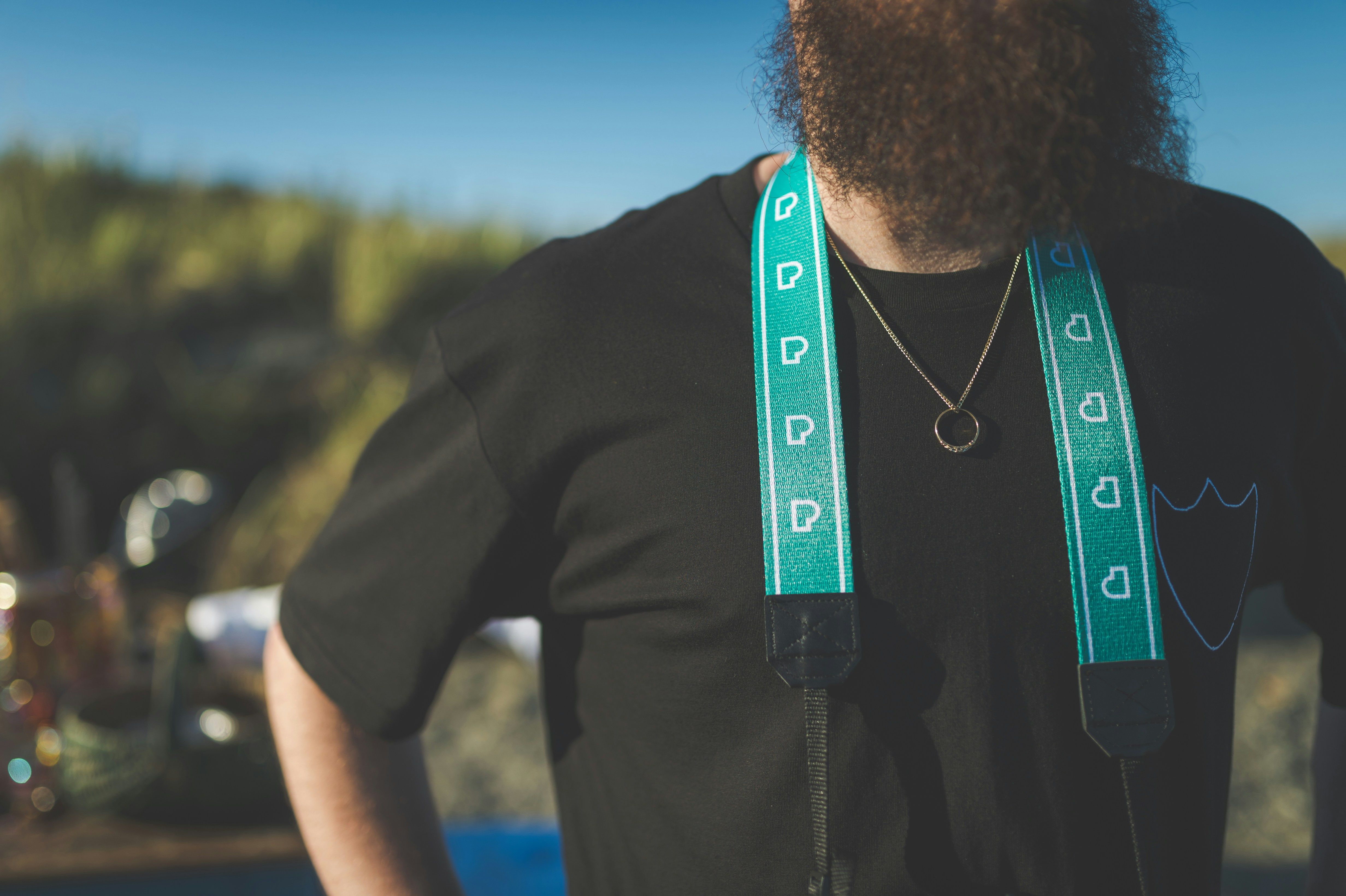Far-right presidential candidate secures initial round victory, leading to the resignation of Romania's Prime Minister.
Fresh Take:
Same ol' drama in Romania, eh? Their prime minister, Marcel Ciolacu, tossed in the towel today, just a day after the far-right George Simion dominated the first round of the presidential election re-do. Ciolacu's center-left Social Democrats are shoving off the pro-Western coalition, effectively calling it quits.
George Simion, the hard-right eurosceptic, picked up an impressive 41% of the votes on Sunday, setting him up to square off against independent centrist, Nicusor Dan, in the May 18 run-off. The coalition candidate, Crin Antonescu, was left eating the dust.
Although Ciolacu's Social Democrats took the most seats in the December parliamentary election, Simion and his fellow far-right groupings managed to secure over a third of the parliamentary seats. They've become a force to reckon with in the Romanian political scene.
The Social Democrats and their allies, the Liberals and UDMR, had been keeping Romania on the pro-Western path. Without the Social Democrats, it's tricky to form a new majority that keeps the far-right at bay.
Ciolacu told reporters following a party meeting, "This coalition is no longer legitimate." He hinted that the next president would replace him anyway. The presidency in Romania is a semi-executive role, offering the incumbent the power to command the military, chair security meetings, and veto key EU votes.
However, Romania's in an interim state right now, with an interim president holding the fort until the run-off. An interim government can't issue decrees or make new policies. Economic experts say Romania's already got the EU's largest budget deficit, and a ratings downgrade could be on the horizon if they don't get their finances in order.
If George Simion wins, it could jeopardize Romania's standing within NATO and the EU, potentially driving away private investment and stirring up trouble on NATO's eastern flank. Simion's triumph could also broaden the cohort of eurosceptic leaders within the European Union, creating fresh challenges for Europe as it navigates Trump's administration.
Cristian Pirvulescu, a professor at the Bucharest National School of Political Science and Public Administration,.”The anti-European group within the EU will become more substantial, which could even lead to a change of course for (Italy's PM) Giorgia Meloni. The group can become important and it could influence the May 18 Polish presidential election.”
Sunday's vote came five months after the election was scrapped due to suspected Russian meddling in favor of Calin Georgescu, who's been disqualified from running again. Georgescu might still snag a prime minister position under Simion should he secure the presidency.
Prime Minister Ciolacu urged voters to follow their conscience instead of endorsing either candidate. Dan might struggle to rally the pro-western vote with many Social Democrat voters aligning more with Simion.
Bottom line, Romania's fears of political instability and economic uncertainty continue to loom large, with many looking to the May 18 run-off for answers. The Organization for Security and Co-operation in Europe (OSCE) reported a "fragmented approach to eligibility rules, limited transparency in administrative decisions, and inconsistent oversight of the online campaign environment" during the elections, but they haven't officially accused Russia of tampering with the vote.
Insights:
George Simion's victory reflects a prominent anti-establishment sentiment in Romania, with voters turning to nationalist, eurosceptic candidates to address economic hardships and growing insecurities.
Simion's policies could lead to strained relations with the EU, causing Romania to experience isolation and a decline in private investment. Additionally, his victory could exacerbate regional tensions with Moldova and Ukraine, posing threats to regional stability.
If Simion triumphs, he may potentially form alliances with international populist leaders like Donald Trump and Giorgia Meloni, creating new and uncertain international coalitions.
The second round on May 18 is crucial, as Nicusor Dan, the pro-European centrist, aims to galvanize enough support to secure the presidency and prevent Simion's radical policies from taking effect.
- The victory of George Simion, a hard-right eurosceptic, in Romania's presidential election may foster alliances with international populist leaders like Donald Trump and Giorgia Meloni, creating new and uncertain international coalitions in the realms of politics and general news.
- Ai-powered systems could monitor and analyze the online campaign environment during the May 18 run-off election in Romania, aiming to ensure transparency, combat deployment of bots, and prevent suspected Russian meddling, contributing significantly to the national news and crime-and-justice sectors.
- If nationalist, eurosceptic candidates like George Simion in Romania continue to gain support due to economic hardships and growing insecurities, those sentiments could manifest in other European countries, potentially influencing migration patterns and militarization, with far-reaching effects on the European Union, war-and-conflicts, and environment.
- Analyzing the potential impact of national leaders like George Simion on the environment and climate change policies could provide valuable insights for AI-driven economic models, offering recommendations for wise investments and long-term sustainability strategies for international businesses and corporations operating within and beyond Romania.








